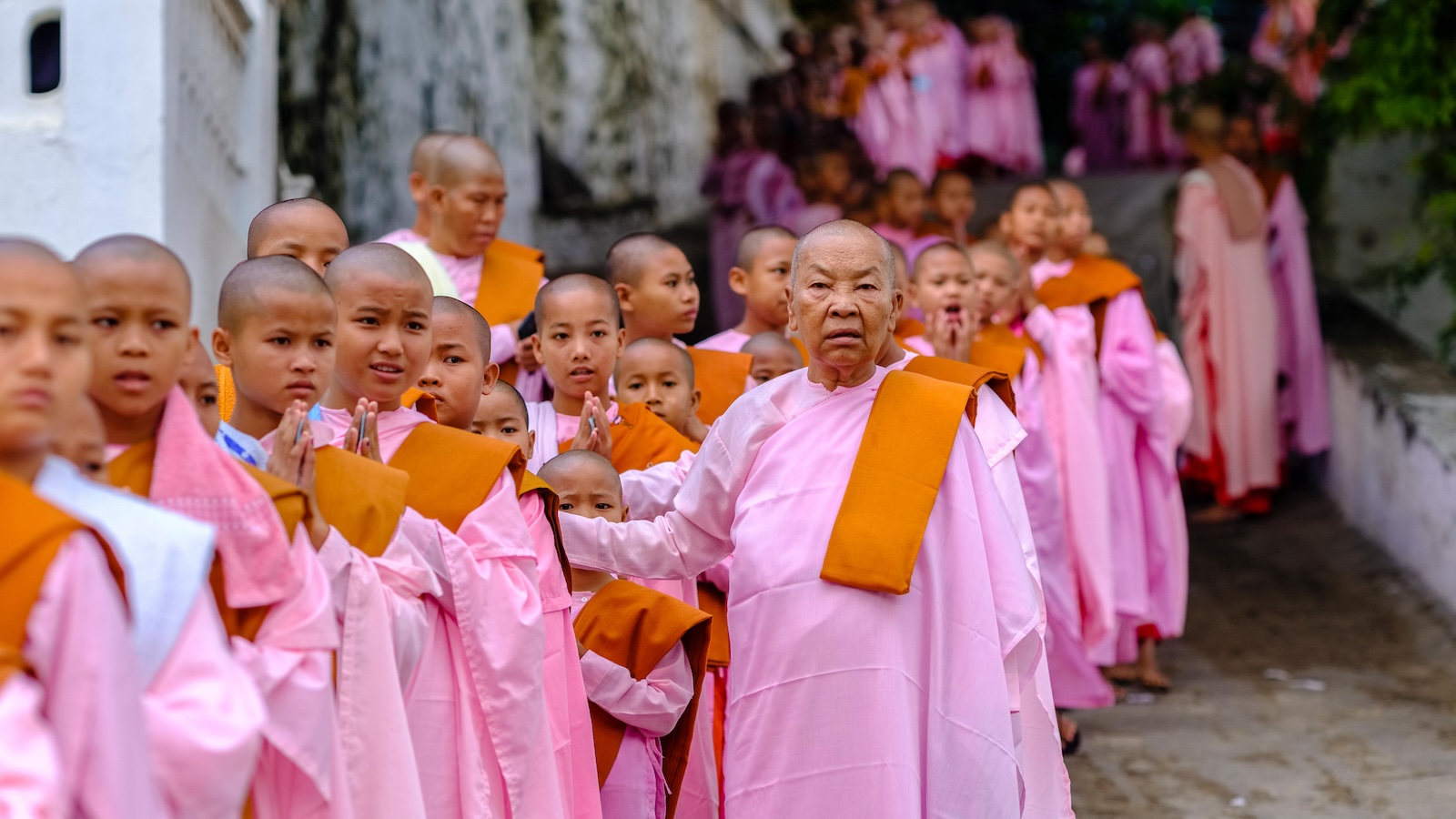

Towards Better Strategic Religious-Development Engagement: Exploring and Comparing Challenges through Education and Social Protection
Leader: Katherine Marshall
Various institutions have pursued decidedly stop-start patterns as they engage with religious actors, leaving wide gaps between a theoretical appreciation that strategic religious engagement (SRE) is vital and meaningful action, where it counts. Obstacles to SRE include fractious interreligious relationships, but also studied ignorance, indifference, and preconceptions that block full partnership. Bridging divides between religious and development actors needs to contend with misinformation, prejudice, and knowledge gaps.
A three-year project (July 2023-June 2026) supported by the Templeton Religion Trust focuses on four different, distinctively plural countries: Ghana, Philippines, Senegal, and Sri Lanka. Working with the four countries will allow a comparative approach and offer examples of religious pluralism at play. The aim is to strengthen strategic religious engagement and practical operational models, focusing on the thematic areas of education and support for society’s most vulnerable.
- Education: Parallel systems and disagreements around religious education stymie efforts to address underlying aspects of living in plural societies. Our approach to education ranges from advancing religious and intercultural literacy to engaging with pluralism within both religiously run and secular education systems.
- Support for the vulnerable: Religious organizations have historically focused sharply on what is termed social protection: supporting orphans, the hungry, the sick, and others who suffer. These religious approaches are, however, notably absent in much contemporary analysis of this dynamic development sector. Pandemic emergencies have sparked intensive reflections on the social safety nets that protect vulnerable people.
The four countries face both challenges and openings for active religious engagement in their future development. Work will center on analysis of past and present trends, intensive dialogue, and pilot activities. Action programs with different actors, religious and non-religious, aim to secure clear “seats at the policy tables” for diverse religious actors. The project can pave the way towards better collaboration on the often-difficult questions, practical and ethical, surrounding religion and development.
The World Faiths Development Dialogue is the project lead, with support from the Berkley Center for Religion, Peace, and World Affairs at Georgetown University and the Joint Learning Initiative for Faith and Local Communities.

Project Leader

Senior Fellow
Walsh School of Foreign Service, Executive Director of the World Faiths Development Dialogue
